Have you ever called your cat’s name, only to be met with a flicking tail, a bored glance, or even complete indifference? You’re not alone. For generations, cat owners have wondered if their furry companions are simply ignoring them on purpose. Is “selective hearing” a feline superpower, or is there something deeper going on? Let’s unravel the mysteries behind this quirky cat behavior and discover the real story behind those seemingly deaf ears.
What Is “Selective Hearing” in Cats?

Selective hearing in cats is the playful term many use when their cats seem to ignore commands or calls. It’s that classic moment when your cat comes running at the sound of a treat bag, but won’t even twitch an ear when you call their name. Some owners joke that their cats have mastered the art of tuning out anything they don’t want to hear. But is this really the case, or are cats simply hardwired to respond to specific cues? Understanding what we mean by “selective hearing” is the first step toward solving this furry puzzle.
How Good Is a Cat’s Hearing?

Cats have remarkably acute hearing—far better than humans or even dogs. Their ears can pick up sounds as high as 64 kHz, while humans top out around 20 kHz. This makes cats natural hunters, able to detect the faintest rustle of a mouse or the quietest squeak of a toy. Their ears are like high-tech radar dishes, swiveling to catch sounds from every direction. So when your cat doesn’t respond, it’s almost never because they can’t hear you. It’s more likely that they’re choosing when to listen.
Why Do Cats Ignore Their Owners?

There’s a fascinating science behind why cats seem to ignore us. Unlike dogs, cats were never fully domesticated to obey human commands. Their ancestors hunted alone, relying on independence and stealth. This sense of autonomy has carried over into our living rooms. When you call your cat, they may assess whether it’s worth their time to respond. They’re not being rude—they’re being true to their nature. Sometimes, ignoring you is just part of their ancient wildcat heritage.
The Role of Motivation in Cat Behavior

Motivation is a huge part of how cats decide what to pay attention to. If your call means food, play, or affection, your cat is far more likely to respond. But if they’re comfortable, sleepy, or simply uninterested, your voice might not register as important. Cats are experts at weighing the pros and cons of every action. They’re like tiny, furry philosophers, constantly asking: “What’s in it for me?” Understanding this can make their selective responses feel a lot less personal.
Do Cats Recognize Their Names?

Surprisingly, research shows that most cats do recognize their own names. In studies, cats reacted differently when their name was spoken compared to random words. However, recognizing a name doesn’t guarantee a response. Just because your cat knows you’re talking to them doesn’t mean they’ll answer. It’s a bit like when someone calls your name in a crowded room—you hear it, but you might not always react, depending on your mood or priorities.
The Influence of Early Socialization

How a cat is raised can make a big difference in their responsiveness. Kittens that are handled gently and spoken to often tend to be more social and may respond more readily to human voices. On the other hand, cats that grow up with less human interaction may be more aloof or independent. Early socialization helps shape a cat’s comfort level with humans, but it doesn’t overwrite their natural instincts. Each cat’s personality plays a part in how much they “hear” what you’re saying.
Comparing Cats and Dogs: The Obedience Gap

It’s tempting to compare cats and dogs, but their histories are wildly different. Dogs were bred for centuries to work closely with people, often relying on commands for survival. Cats, meanwhile, kept their independence even as they moved into our homes. This difference explains why cats seem less obedient, and why their “selective hearing” is so common. It’s not that cats are stubborn—it’s just that they’re not wired to jump at every command.
The Science Behind Feline Attention

Researchers have found that a cat’s attention span is very different from a human’s. Cats are hardwired to focus on things that matter for their survival, like hunting or staying safe. Your voice, unless it’s attached to something exciting, doesn’t always make the cut. Scientists believe this is part of the reason why cats seem to ignore us so often. Their brains are built for quick, selective focus, not constant engagement.
Body Language: The Real Cat Communication
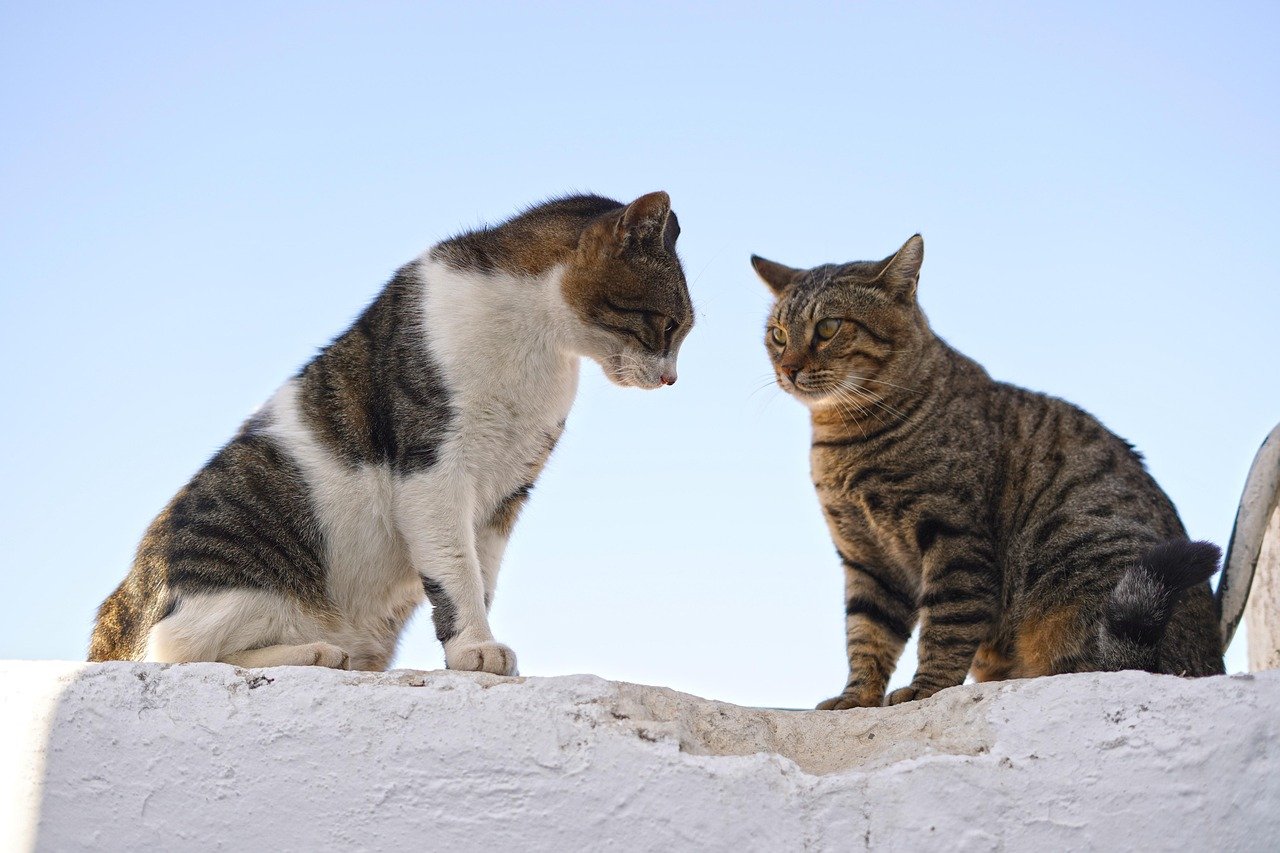
Cats communicate a lot through body language rather than vocal cues. They might ignore your words, but their tails, ears, and eyes are always saying something. A cat who doesn’t come when called might still glance your way, twitch an ear, or even slow-blink to show affection. Learning to read these subtle signals can help bridge the communication gap. Sometimes, your cat is “listening” in ways you don’t expect.
When Ignoring Is a Sign of Trust

Believe it or not, a cat ignoring you can actually be a compliment. In the wild, cats have to be constantly alert to danger. If your cat feels safe enough to tune you out, it might mean they trust you completely. They don’t feel the need to be on guard or respond to every sound. It’s a strange form of flattery—your cat is so comfortable that your voice becomes background noise.
The Impact of Environment and Routine

A cat’s environment can influence how much they pay attention to you. Changes in routine, unfamiliar noises, or new people can make your cat more or less responsive. Cats thrive on predictability, so sudden shifts can make them retreat or ignore commands. On calm, ordinary days, your cat might be more likely to pay attention—especially if treats are involved.
Are Some Breeds More Attentive?
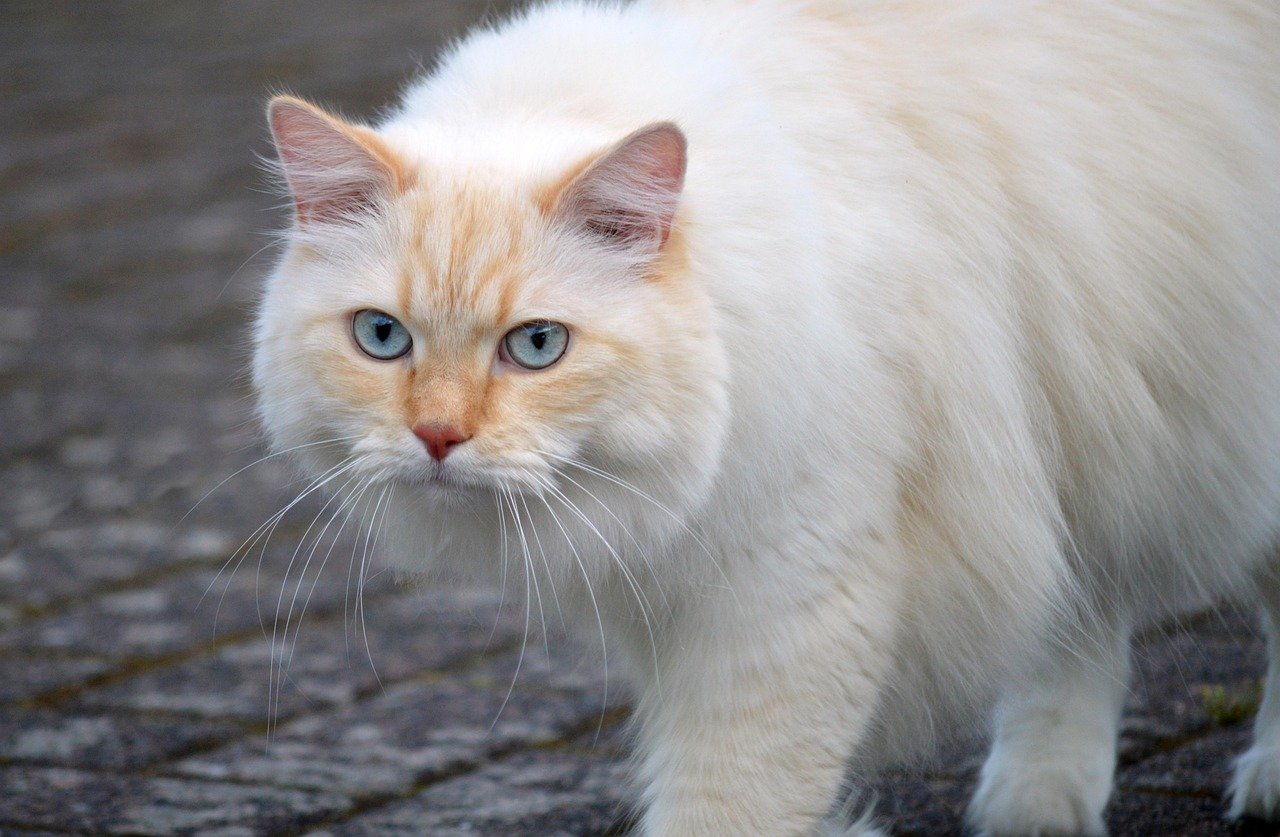
Some cat breeds are known for being more interactive or vocal, like Siamese or Maine Coons. These breeds may respond more often to their names or commands, simply because they’re naturally more social. However, even within a breed, personalities vary widely. Your cat’s responsiveness is a mix of genetics, upbringing, and their own unique quirks. There’s no guarantee that a certain breed will always listen better.
Training Cats to Respond More Consistently

While cats aren’t as easy to train as dogs, it is possible to encourage them to respond to your voice. Using positive reinforcement, like treats or praise, you can teach your cat that listening pays off. Consistency is key—always reward the behavior you want to see. Over time, your cat may become more attentive, especially if they associate your calls with something fun or tasty.
The Power of Rewards and Positive Reinforcement
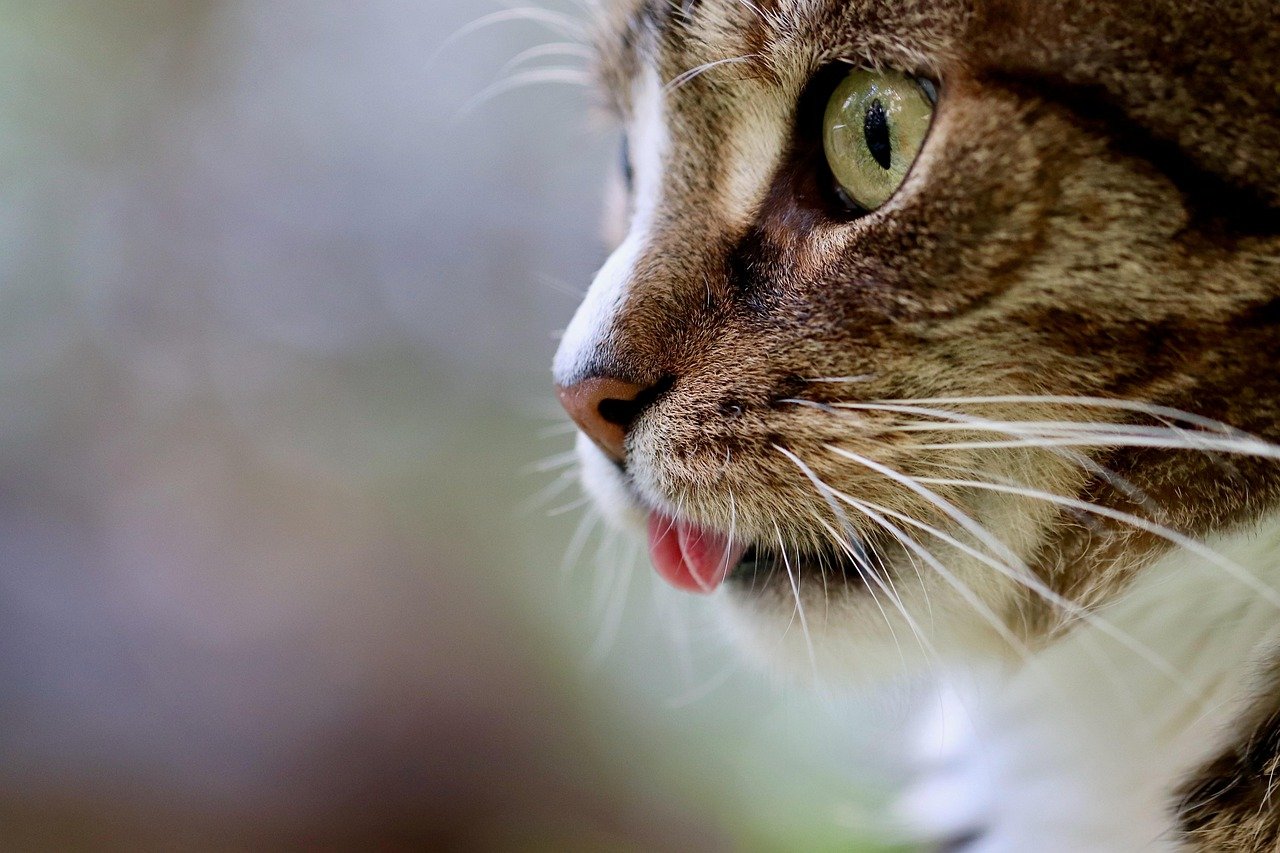
Cats are extremely reward-driven. If coming when called results in a treat or a favorite toy, they’re much more likely to repeat the behavior. Positive reinforcement works wonders, but punishment almost never helps—it can make your cat more withdrawn or even afraid. Focus on building trust and making positive associations with your voice, and your cat’s “selective hearing” might just improve.
Health Issues That Affect Hearing
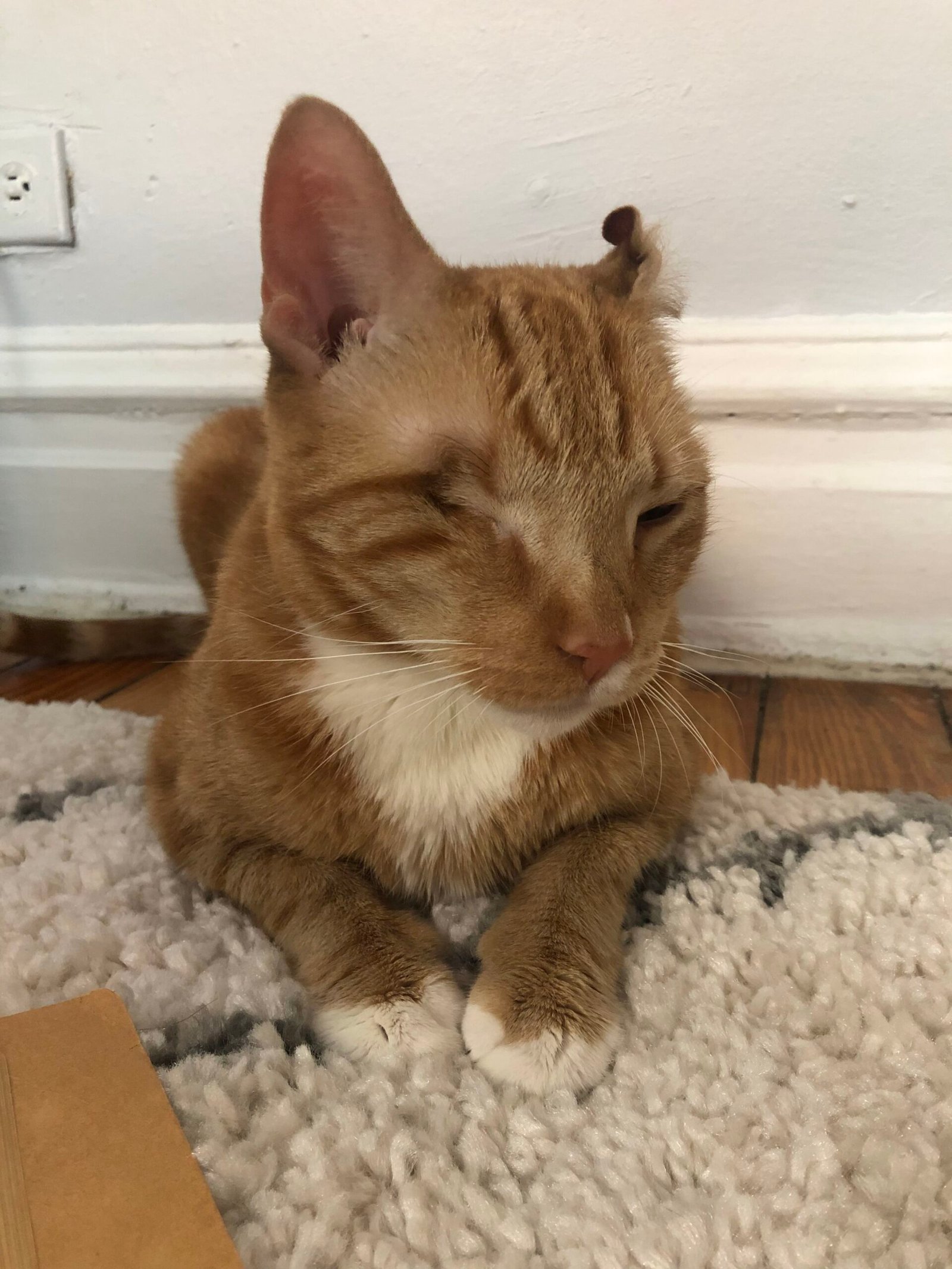
Sometimes, what seems like selective hearing is actually a medical issue. Older cats, or those with ear infections or other health problems, may genuinely have trouble hearing. If your cat suddenly stops responding to sounds they used to recognize, it’s important to check with a vet. Regular check-ups can catch hearing problems early and help ensure your cat stays healthy and happy.
Age and Hearing Loss in Cats

As cats age, their senses can decline, just like in humans. Senior cats may develop partial hearing loss, which can look a lot like “selective hearing.” They might not react to your voice as quickly, or they may miss softer sounds. If you notice changes in your cat’s responsiveness, consider adjusting how you communicate—try louder calls or visual cues to get their attention.
Stress and Its Impact on Responsiveness

Cats are sensitive creatures, and stress can make them more withdrawn. Moving to a new home, loud noises, or even changes in your own routine can make a cat tune out more than usual. If your cat is ignoring you more often, try to identify any sources of stress and help them feel safe. Creating a calm, predictable environment can help restore their usual responsiveness.
Common Myths About Cat Listening Skills

There are plenty of myths about cats and their hearing. Some people believe cats are just stubborn or spiteful, but the truth is far more interesting. Cats are independent, yes, but they’re also incredibly smart and sensitive to their surroundings. Their “selective hearing” is less about defiance and more about survival instincts and personal comfort. Busting these myths can help you appreciate your cat’s unique way of communicating.
Building a Stronger Human-Cat Bond

The more time you spend with your cat, the better you’ll understand their signals. Engaging in play, offering treats, and speaking gently can all strengthen your bond. The closer your connection, the more likely your cat will pay attention to your voice. Patience and understanding are key—remember, trust is earned, not demanded. Over time, your cat may surprise you by responding more often.
Practical Tips for Getting Your Cat’s Attention

If you want your cat to listen, make your voice rewarding. Use treats, toys, or even a special sound to get their attention. Keep commands short and consistent, and avoid yelling or scolding. Try calling your cat at mealtimes, or use a fun noise they associate with good things. With patience, you’ll discover what works best for your unique feline friend.
Celebrating the Mystery of Cats
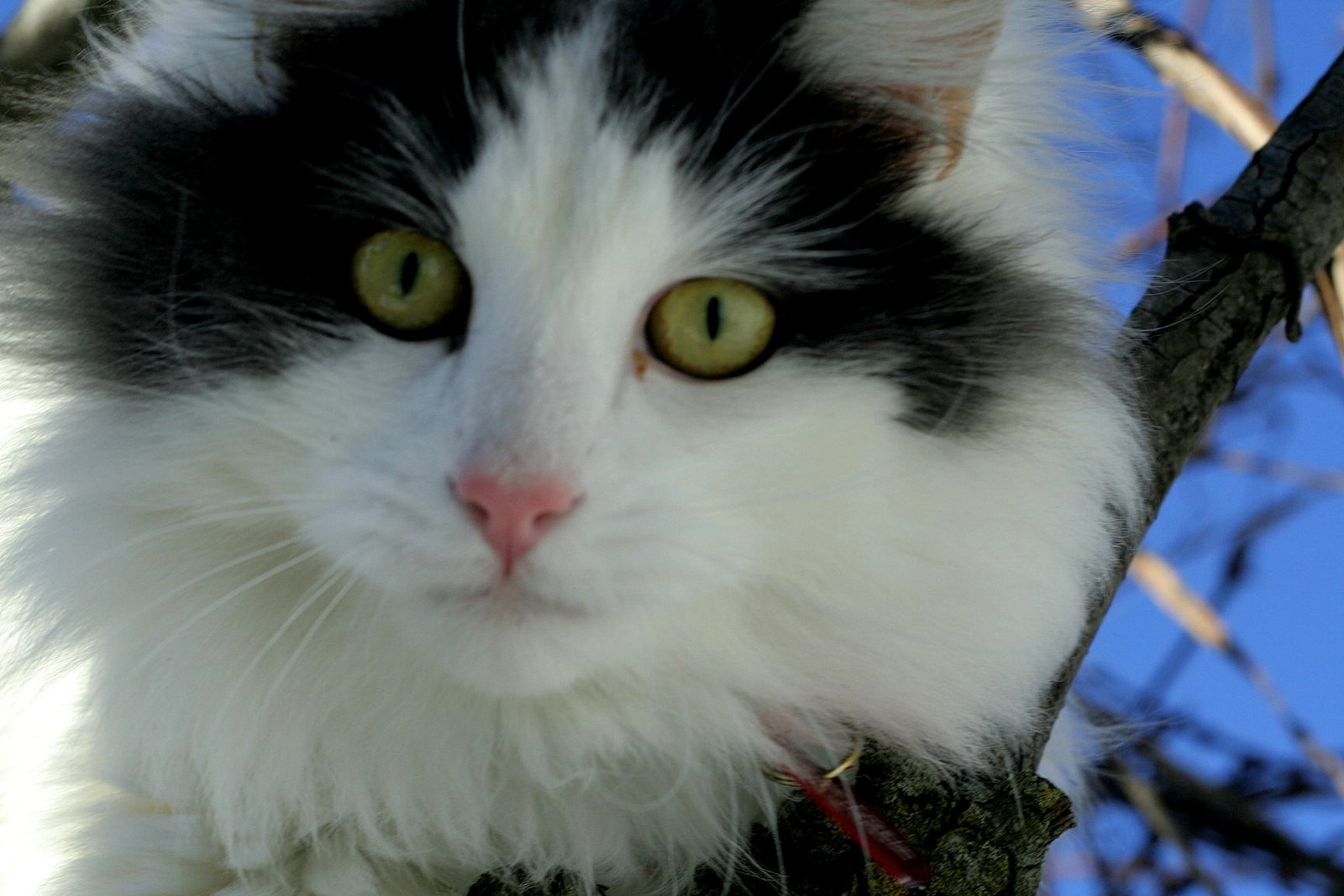
The truth about cats and “selective hearing” is both simple and profound. Cats aren’t ignoring us out of malice—they’re just being themselves. Their mysterious ways, independent streaks, and unpredictable responses are all part of what makes them so lovable. Embracing these quirks can deepen your appreciation for your cat’s individuality and help you build an even stronger relationship.
Hi, I’m Bola, a passionate writer and creative strategist with a knack for crafting compelling content that educates, inspires, and connects. Over the years, I’ve honed my skills across various writing fields, including content creation, copywriting, online course development, and video scriptwriting.
When I’m not at my desk, you’ll find me exploring new ideas, reading books, or brainstorming creative ways to solve challenges. I believe that words have the power to transform, and I’m here to help you leverage that power for success.
Thanks for stopping by, Keep coming to this website to checkout new articles form me. You’d always love it!





